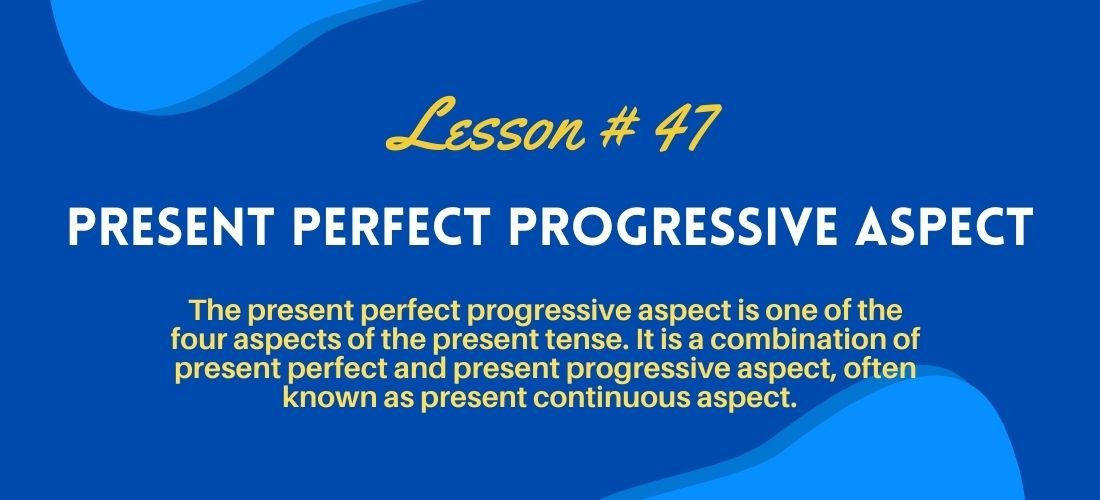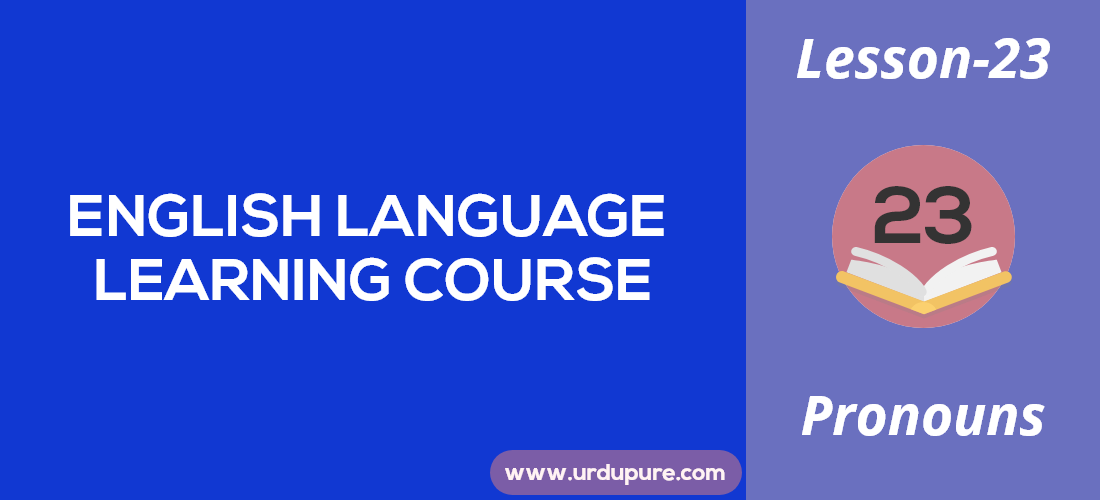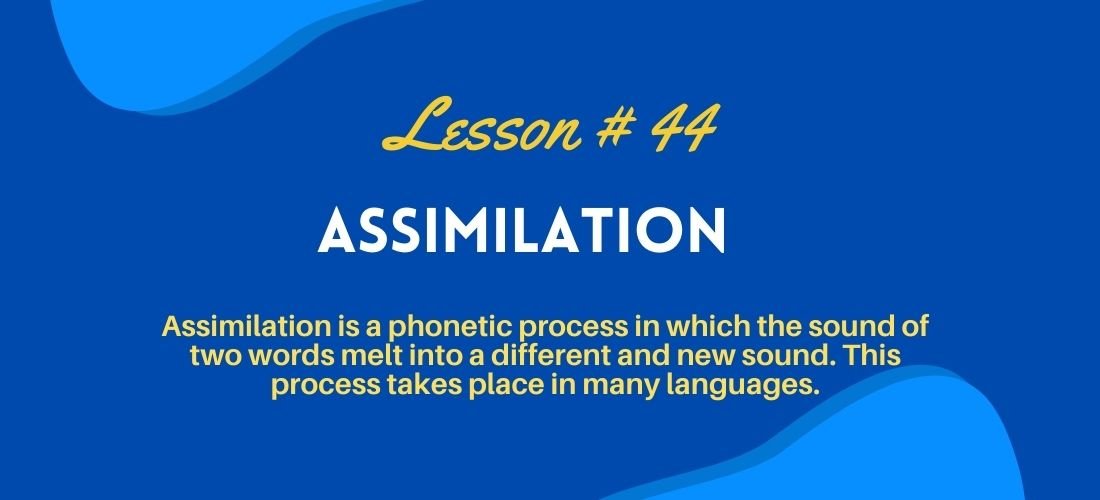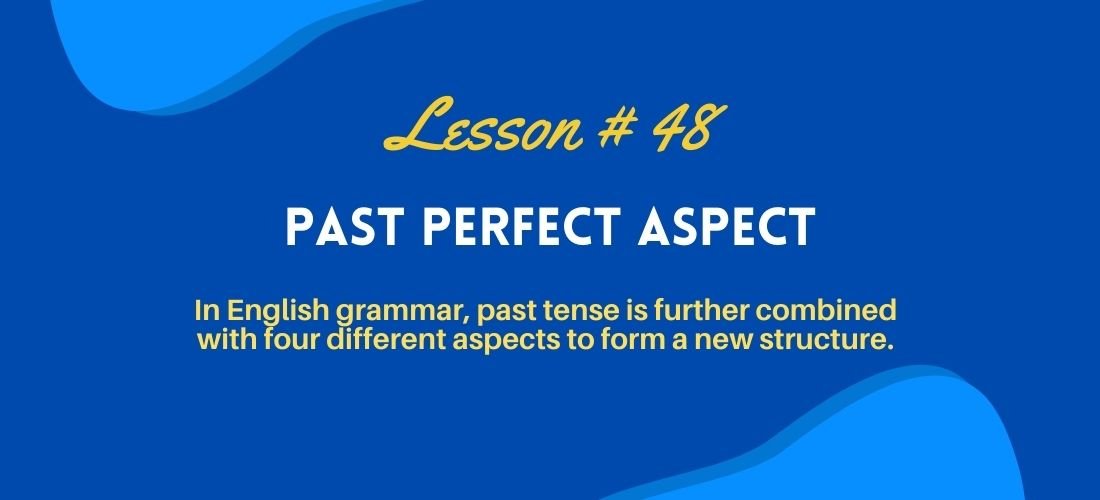
Chunks 3
Chunks 3In previous lessons, we have learned a few essential chunks. Chunks play a significant role in any language, be it Chinese, Urdu, Spanish, Fre...Present Perfect Progressive Aspect
Present Perfect Progressive AspectThe present perfect progressive aspect is one of the four aspects of the present tense. It is a combination of prese...how words
How-wordsWe often ask people about how things are done. The most common sentence that we ask people and use in our lives is “how are you?” that means...Past Perfect Progressive Aspect
Past Perfect Progressive AspectPast tense is used to express actions that happened in the past time. There are four aspects of the past tense. Pa...May and Might
May and Might One of the most common things used in English are modal verbs (will, can, could, shall, may, might, should, would.) They make verbs...Interjections
InterjectionsAhem, have you ever heard about parts of speech? Most probably, yes! Parts of speech are a category of words that have the same gram...First Conditional Sentences
In English grammar, first conditional sentences refer to statements that describe a possible future event or condition dependent on a present or futur...Past Progressive Tense
Past Progressive AspectYou have learned about tenses at the primary level. There are three tenses: present, past, and future. These three tenses have...Future Perfect and Future Perfect Progressive Aspect
Future Perfect and Future Perfect Progressive AspectCan you be sure of what will happen in the future? The truth is nobody can be so sure about the fu...Pronouns
PronounsYou must have heard about words like ( I, She, he you, they, her, him, who, them, etc. ). We use such terms in our conversations. Our conversa...assimilation
AssimilationAssimilation is a phonetic process in which the sound of two words melt into a different and new sound. This process takes place in many l...Past Perfect Aspect
Past Perfect AspectIn English grammar, past tense is further combined with four different aspects to form a new structure. Such aspects are:Past simpl...Intonation
IntonationImagine you are waiting for a taxi outside the shopping mall, a taxi driver arrives and asks in a flat low voice ‘Where do you want to go?’...Ever words
Ever wordsSome words are used a lot from English songs to spoken and written English, which are called Ever-words. In this lesson, we will learn the m...Nouns
NounsDo you wonder talking without using the names of anything? How would you refer to anything without mentioning its name? Difficult, right? This is...Try Out Our Learn English Speaking in Urdu Mobile App
Go to the App Store or Google Play to get the mobile version.
















